“You’re no longer needed.” That was the entirety of the message. No explanation. No warning. No performance review. Just a blunt dismissal from the man who had hired me four months earlier — without an interview, without a resume. Back then, he had praised me. “We’ve been waiting for someone like you,” he said with a smile that seemed reassuring. Today, that same smile had vanished. In its place: silence, and then a closed door.
This wasn’t just a personal experience. It reflects a quiet but troubling trend in southern Iran — a shift in the way some private companies manage their workforce. While traditional forms of labor exploitation have always existed, the emerging model is more sophisticated, and perhaps more insidious. It operates under the guise of motivational leadership, trust-building, and high wages. But beneath the surface lies a calculated manipulation of workers’ psychology, one that extracts more labor for longer hours while maintaining the illusion of mutual respect.
The process often begins with flattery and an apparent leap of faith. Employees are told they’ve been chosen because of their unique potential. No interview necessary — just a handshake and a promise of opportunity. The workplace is framed as a “family,” not a hierarchy. The message is clear: this isn’t a job, it’s a relationship.
Soon, however, the tone shifts. As expectations mount, workers are reminded — subtly but persistently — that they could do more. “You’re only using 60 percent of your capacity.” “You could lead this department if you push yourself.” “Think of how much you’re growing here.” These comments are framed as encouragement, but they operate as pressure. The result is a pervasive sense of guilt — a fear that one is never doing quite enough.
To reinforce this psychological burden, these companies offer salaries significantly higher than Iran’s official minimum wage. On paper, 20 million tomans per month (about $400–$۴۵۰ at current exchange rates) seems generous — especially in a country where many live on a fraction of that. But when those wages come with 12-hour shifts, six-day workweeks, and constant self-doubt, they no longer look generous. They look strategic.
This is the structural deception at the heart of the problem. The issue isn’t that 20 million tomans is too much; it’s that Iran’s minimum wage is too little. By setting the legal floor so low, the government has enabled private employers to present exploitative contracts as acts of benevolence. Workers, understandably, internalize the logic: “Because I earn more than most, I must give more than most.” What should be a fair compensation for hard work becomes a reason for overwork and silence.
The final stage is dismissal. When an employee begins to show fatigue, hesitation, or the slightest deviation from expectations, the system wastes no time. Termination is swift — and often unexplained. After all, in this new model of management, everything is personal until it isn’t. Trust is emphasized when it serves the company, and withdrawn without warning when it doesn’t.
This isn’t a uniquely Iranian story. Across the world, from Amazon warehouses in the U.S. to tech start-ups in Southeast Asia, companies have learned to disguise high-pressure environments behind the language of empowerment. But in Iran, where formal labor protections are weak and unemployment is high, the emotional cost is even greater. For many workers in the south, losing a job is more than a financial setback. It is a shattering of identity — one built painstakingly through long hours, late nights, and internalized slogans about excellence and loyalty.
What makes this new managerial culture so dangerous is that it doesn’t look like exploitation. It looks like opportunity. It speaks in the language of growth, ambition, and personal responsibility. But behind the motivational posters and oversized paychecks lies a system that extracts everything from its workers — energy, time, and dignity — and gives back very little in the long run.
Policymakers in Tehran should take note. Reforming labor laws and raising the minimum wage are only the first steps. Just as important is the recognition that economic justice is not only about numbers on a paycheck. It’s about how people are treated when they’re hired, how they’re pushed while employed, and how they’re let go when they’re no longer “useful.”
Until those deeper questions are asked, and answered, stories like mine will continue — told in quiet tones outside office gates, over tea, after the badge has been turned in and the door has closed.






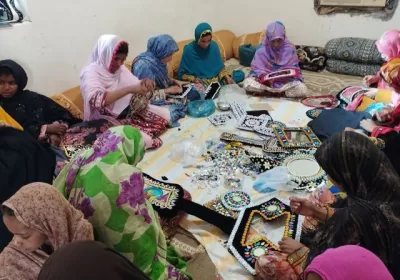
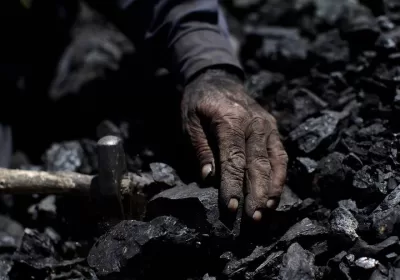
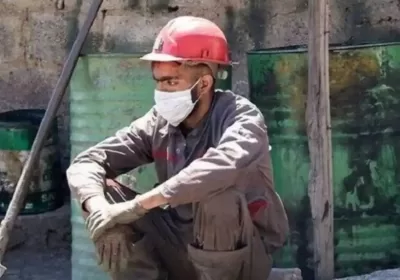







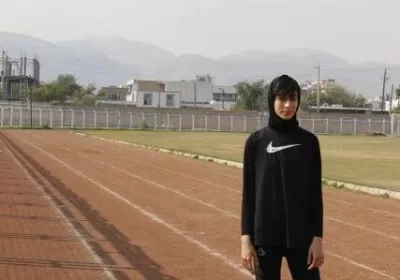









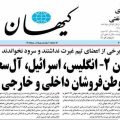
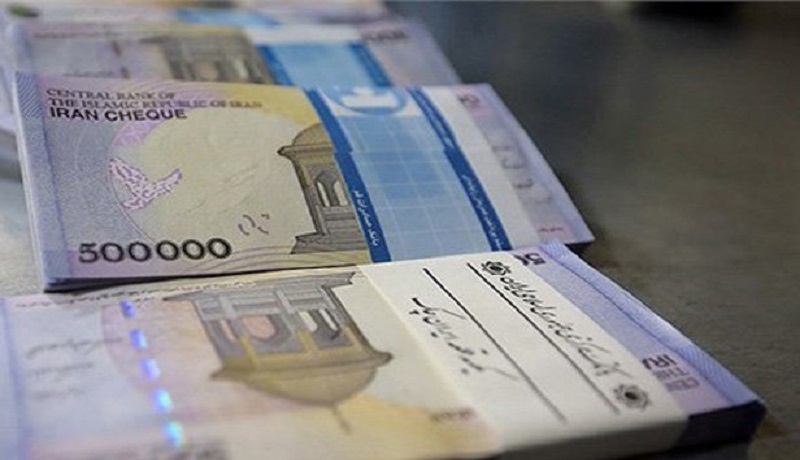


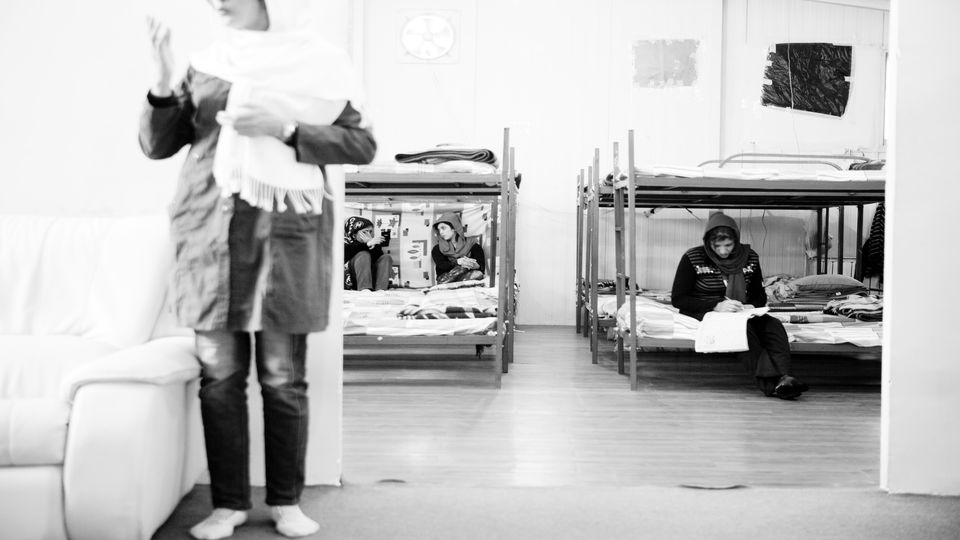


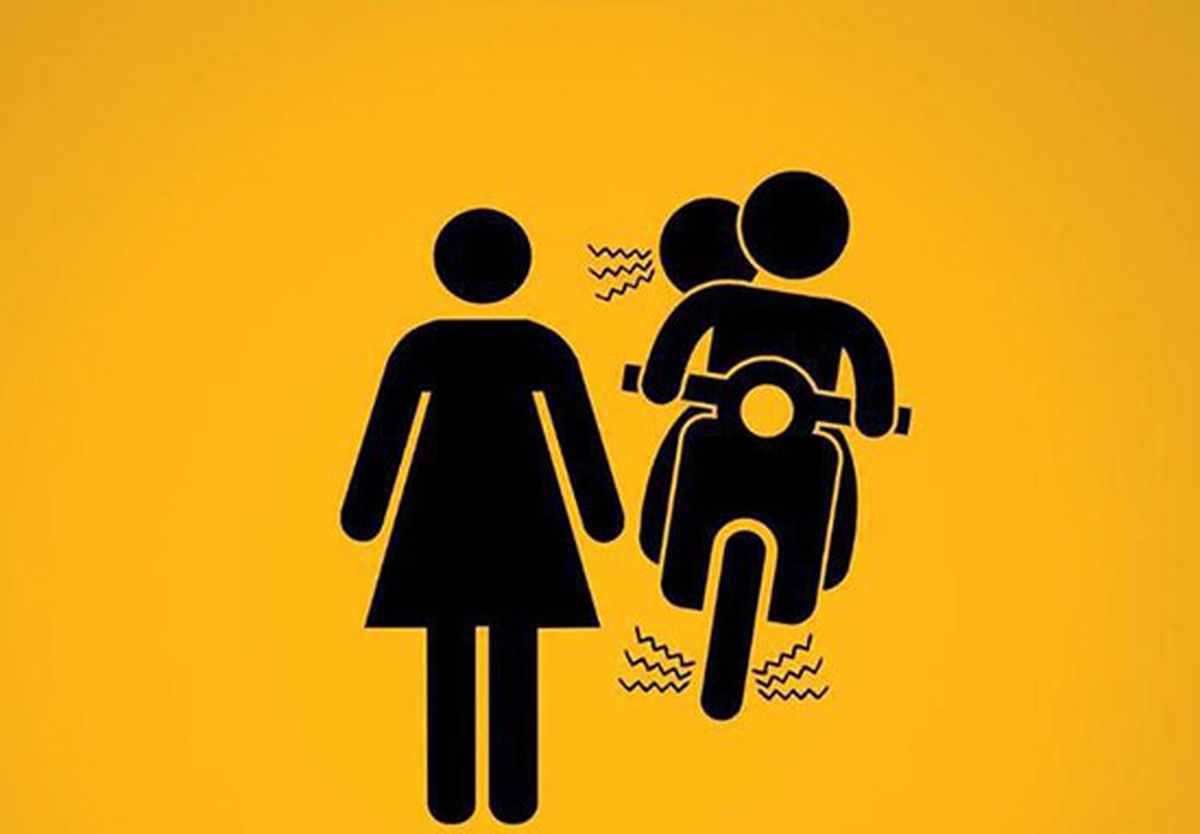
Leave a Reply